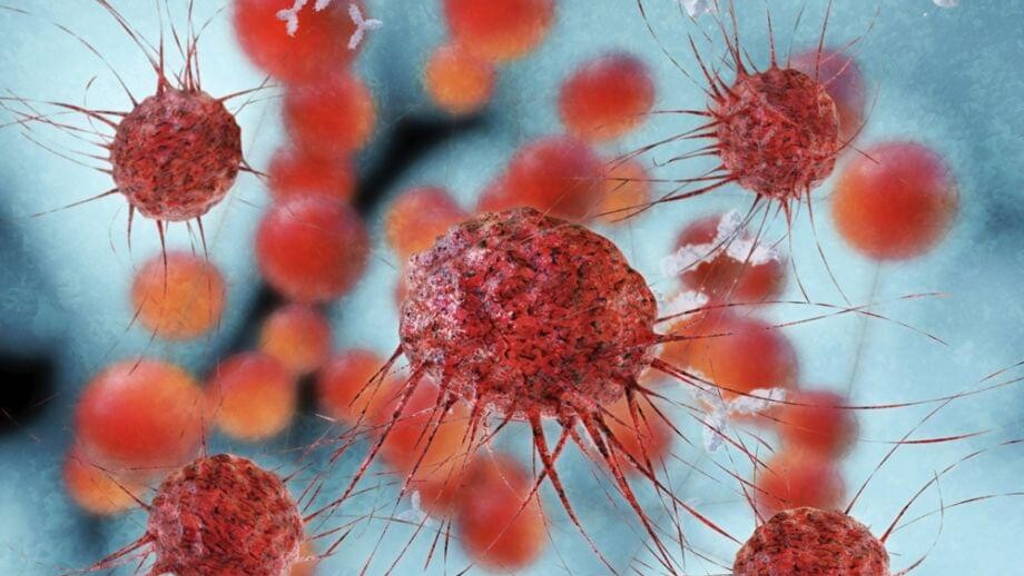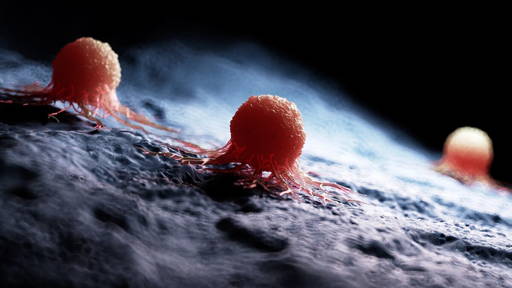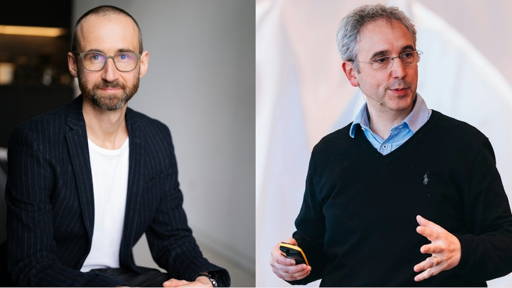Researchers at the University of California San Diego (UCSD) have developed a promising new approach to tackling the most stubborn cancer cells: cancer stem cells. These cells play a key role in the development of metastases, therapy resistance and the recurrence of cancer after treatment.
Using AI, the research team succeeded in reprogramming these cells, causing them to ultimately destroy themselves. The breakthrough, published in Cell Reports Medicine, marks a major step towards safer, more targeted cancer therapies.
The Achilles heel of cancer: cancer stem cells
According to lead researcher Prof. Dr. Pradipta Ghosh, professor of medicine and molecular biology at UCSD, cancer stem cells are the ‘true survival machine’ of tumours. ‘They are like chameleons,’ she explains. ‘Just when you think you've found them, they change shape or identity. They can hide within tumours and evade virtually any form of therapy.’ These cells are partly responsible for the recurrence of cancer, even after seemingly successful treatments.
To outsmart these cells, the team developed an AI-driven analysis tool called CANDiT (Cancer Associated Nodes for Differentiation Targeting). This software examines the genetic makeup of a tumour and identifies the biological networks responsible for the malignant properties of cancer stem cells. What makes CANDiT unique is that it starts from a single crucial gene. In this case, that gene was CDX2, which is essential for healthy cell division but is often absent in aggressive types of cancer. Machine learning is then used to map out the entire genetic network involved in the behaviour of the tumour.
From AI analysis to concrete therapy
By analysing data from more than 4,600 human tumours, CANDiT discovered that a specific protein, PRKAB1, plays a key role in restoring CDX2 function. This protein helps cells respond to stress, and when activated with an existing drug, the cancer stem cells begin to behave like healthy cells. Surprisingly, this “reprogramming” led to the cells eventually dying spontaneously.
‘It was as if the cells couldn't live without their cancerous behaviour,’ said Dr. Saptarshi Sinha, first author of the study and interim director of the Centre for Precision Computational Systems Network (PreCSN) at UCSD.
Virtual clinical trials
To validate the results, the team tested the therapy on patient-derived organoids. These are miniature versions of human tumours grown in the laboratory. These 3D models closely mimic the structure and function of real tumours, allowing researchers to test treatments without risk to patients.
‘It's like conducting clinical trials in a petri dish,’ says Ghosh. ‘What normally takes years, we can now achieve in a few months.’ The experiments not only demonstrated that the therapy was effective, but also that it works safely and specifically, without damaging healthy cells.
Personalised cancer treatment thanks to AI
In addition, the researchers developed a genetic signature that can be used to predict which patients would benefit most from this treatment. Through simulations of clinical studies involving more than 2,100 patient data sets, they discovered that CDX2 recovery can reduce the risk of recurrence or death from colon cancer by up to 50%.
These findings highlight the enormous potential of AI in oncology. Whereas traditional treatments are often based on broad approaches, CANDiT makes it possible to fully personalise therapies, tailored to the unique genetic profile of each tumour.
Broader applications in the future
The research team is now collaborating with other departments within UCSD to extend the method to other types of cancer, including pancreatic, stomach, oesophageal and gallbladder cancer. At the same time, chemist Prof. Jerry Yang is developing a more powerful variant of the drug used, with the aim of starting clinical trials soon.
‘For the first time, we can not only identify the stem cells that drive cancer, but also eliminate them,’ concludes Ghosh. ‘This approach shows that AI not only helps with diagnosis, but can play a direct role in rewriting the rules of cancer treatment.’
With this combination of artificial intelligence, genetic precision and patient-specific models, the promise of truly personalised oncology is one step closer. A future in which even the most stubborn cancer cells don't stand a chance.







